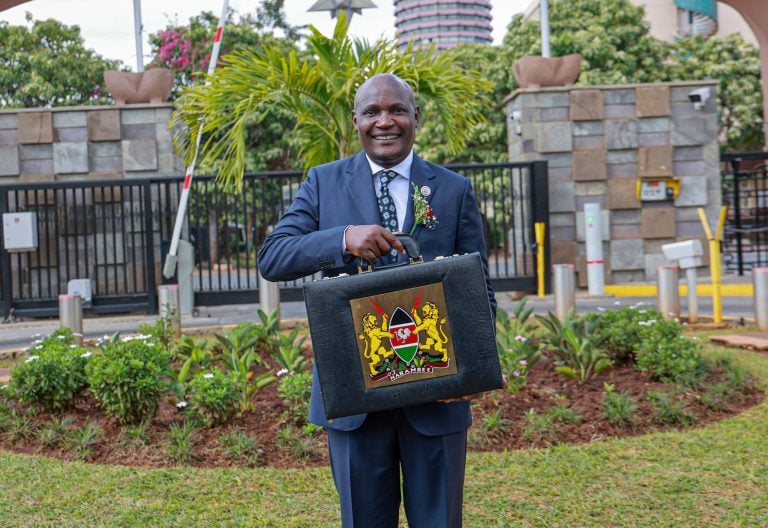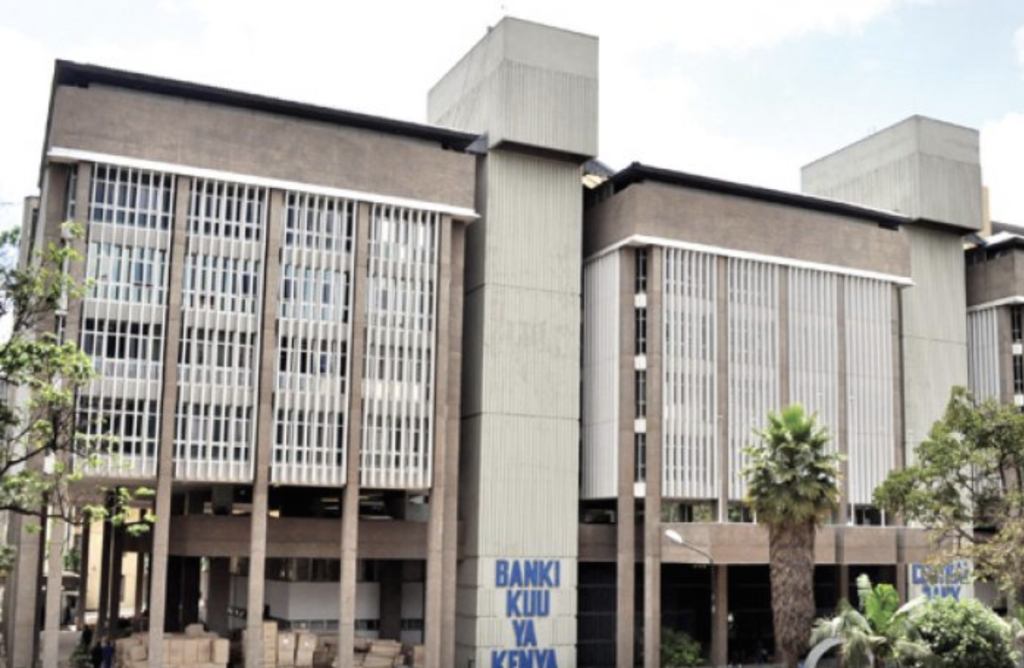Mbadi: Prices of essential household commodities dropped

Treasury Cabinet Secretary John Mbadi has reported that the cost of essential household goods, including maize flour, sugar, milk, and electricity, has dropped.
Addressing the National Assembly on Thursday, June 12, 2025, during the presentation of the 2025/26 national budget, Mbadi credited the price reductions to easing inflation and targeted policy measures.
“The prices of essential food items, including sugar, milk, maize flour, wheat flour, bread, and rice, among others, have eased,” Mbadi told lawmakers.
“For example, the price of 2 kilogrammes of sifted maize flour has declined to Ksh156.90 in May 2025 from Ksh177.70 in October 2022.”
He further noted that electricity and energy costs had also decreased during the same period.
Growth amid challenges
Mbadi said the domestic economy had performed better than global expectations, with an average growth rate of 5.2 per cent over 2023 and 2024.
This was higher than the global average of 3.3 per cent and the sub-Saharan Africa average of 3.8 per cent.
“This strong growth reflects the impact of sound and deliberate policies, as well as the resilience of our well-diversified economy,” he said.
However, he acknowledged a slowdown in 2024, where the economy grew by 4.7 per cent, down from 5.7 per cent in 2023, largely due to disruptions caused by floods in the second quarter and anti-finance bill protests in the third quarter.
“In fact, our economy closed down for about three months,” Mbadi told the House.
Inflation falls
With inflation easing to 3.8 per cent in May 2025, Mbadi said the government had room to relax its monetary policy.
The Central Bank of Kenya lowered its base rate from 13 per cent in August 2024 to 9.75 per cent in June 2025, leading to a drop in market interest rates.

“The 91-day Treasury bill rate declined from 15.9 per cent in May 2024 to 8.3 per cent by May 2025,” he reported.
“Average commercial bank lending rates, which peaked at 17.2 per cent in November 2024, have since declined to 15.7 per cent in April 2025.”
These developments, he said, are expected to lower borrowing costs and stimulate credit to the private sector.
Shilling gains
On the external front, Mbadi highlighted progress in stabilizing the foreign exchange market.
The current account deficit narrowed to 1.3 per cent of GDP in 2024, from 2.5 per cent in 2023, driven by increased exports, tourism, and remittance inflows.
“Our foreign exchange reserves rose to US$10.5 billion, equivalent to 4.7 months of import cover by 30 May 2025,” he said.
The Kenyan shilling also strengthened significantly, appreciating from KSh 159.70 per dollar in January 2024 to KSh 129.30 by the end of May 2025.
Mbadi concluded by reaffirming the government’s commitment to maintaining a stable and inclusive economic path.
“We will continue to uphold prudent fiscal and monetary policies, ensuring inflation remains within target, the shilling remains competitive, and interest rates are stable,” he said.
“These are necessary to support our projected growth of 5.3 per cent in both 2025 and 2026.”













